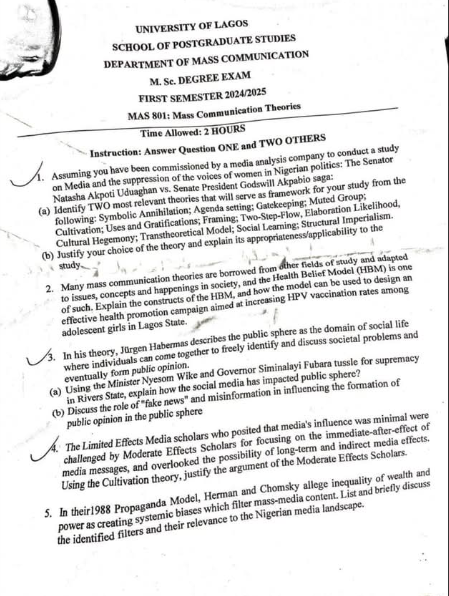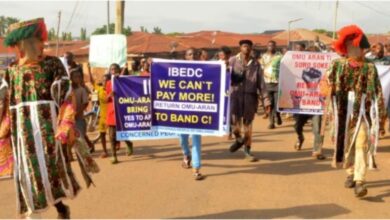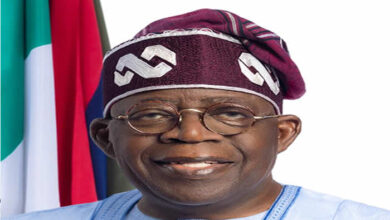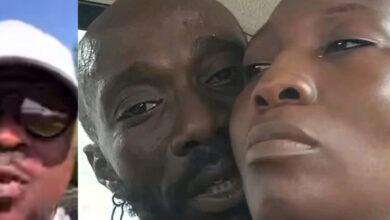UNILAG Turns Natasha-Akpabio & Wike-Fubara Political drama into Exam Question
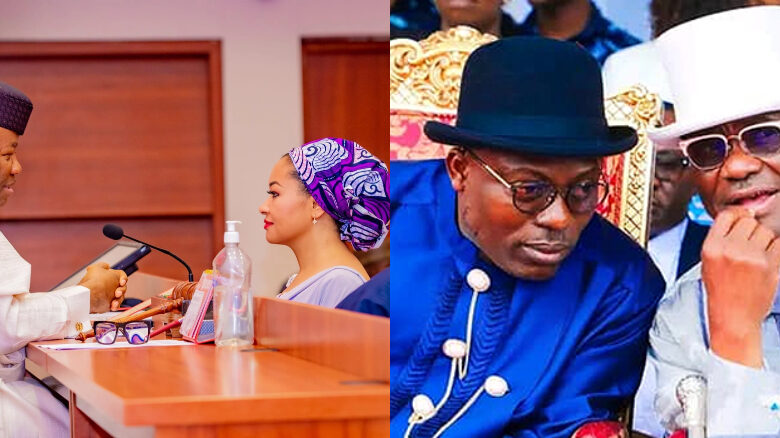
- The University of Lagos has stirred online controversy by incorporating political dramas between Senator Natasha Akpoti-Uduaghan and Senate President Godswill Akpabio, and power struggles between Minister Nyesom Wike and Rivers State Governor Siminalayi Fubara.
- MSc students in Mass Communication applied media theories to real-life political conflicts during their first-semester exam, showcasing controversial feuds as case studies.
The University of Lagos (UNILAG) has generated significant online buzz after incorporating major political dramas into an exam question for its MSc Mass Communication students. The high-profile feuds between Senator Natasha Akpoti-Uduaghan and Senate President Godswill Akpabio, as well as the ongoing power struggle between Minister Nyesom Wike and Rivers State Governor Siminalayi Fubara, were used as case studies in the exam.
In one part of the exam, students were asked to apply media theories to the political clash between Akpoti-Uduaghan and Akpabio, focusing on the role of media in suppressing women’s voices in Nigerian politics. In another section, students analyzed the power dynamics between Wike and Fubara in Rivers State, with a particular emphasis on how the media covers such conflicts.
The use of these real-life political issues as exam content has sparked heated discussions online, with many expressing their opinions about the relevance and potential bias of incorporating current political events into academic assessments.
The full question read:
- Assuming you have been commissioned by a media analysis company to conduct a study on Media and the suppression of the voices of women in Nigerian politics: The Senator Natasha Akpoti-Uduaghan vs. Senate President Godswill Akpabio saga;
- (a) Identify TWO most relevant theories that will serve as a framework from your study of the following: Symbolic Annihilation; Agenda Setting; Gatekeeping; Muted Group; Cultivation; Uses and Gratifications; Framing; Two-step flow; Elaboration likelihood; Cultural Hegemony; Transtheoretical model; Social Learning; Structural Imperialism.
- (b) Justify your choice of the theory and explain its appropriateness/applicability to the study.
- In his theory, Jürgen Habermas describes the public sphere as the domain of social life where individuals can come together to freely identify and discuss societal problems and form public opinion.
- (a) Using the Minister Nyesom Wike and Governor Siminalayi Fubara tussle for supremacy in Rivers State, explain how social media has impacted the public sphere.
- (b) Discuss the role of “fake news” and information in influencing the formation of public opinion in the public sphere.
